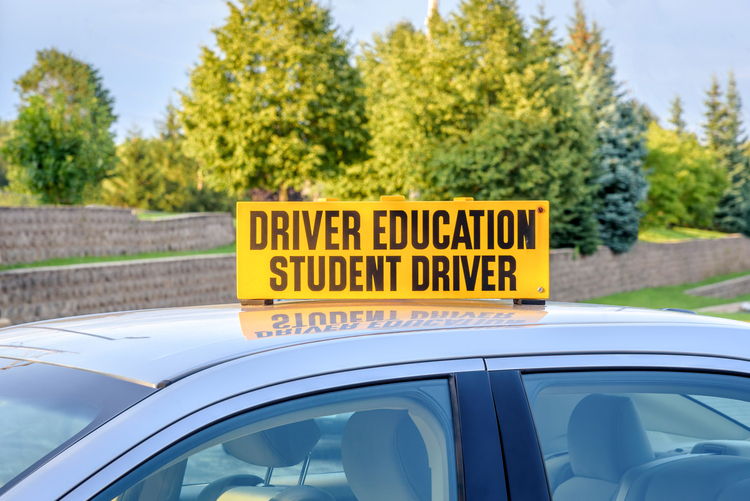Home » Student drivers and car insurance: How good grades could cut your premiums
Getting a driver’s license is a rite of passage for American teenagers. Student drivers can reduce their car insurance costs by learning how good grades can cut their premiums through discounts. Let’s examine what you need to know to make your teenage driver’s dreams come true safely and keep insurance affordable with the help of an Orlando car accident lawyer from DWK Law.

Typically, you’ll need to provide a transcript of your student’s grades to show they meet the insurance company’s criteria. The requirement may be a minimum “B” average, being in the top 20% of your class, or some other option. Keep in mind that Florida drivers under 18 must meet the following criteria before applying for a license:
By doing all of the above and maintaining good grades, your teen driver is well on their way to securing lower auto insurance rates.
Insurance companies rely on something called actuarial tables to determine what rates they offer. These tables are based on decades of crash demographics showing which kinds of drivers most often get into accidents, allowing insurers to predict who is less likely to file a claim. Key factors from these tables include the following:
When you understand how your insurance company makes decisions, you can take steps to lower your rates. This includes having your teenager complete driver education and defensive driving classes, as well as maintaining good grades to qualify for student discounts.
Start by asking your current insurance company if they offer a good student discount. Then, take some time to compare quotes from other providers, even if you’ve been with the same company for years. Some smaller insurers may offer competitive rates, especially for families with teen drivers.
You can also ask about stacking discounts. Many companies reduce rates if you or your teen is an AAA member or agrees to use a safe driving app. Some even offer accident forgiveness, which can be a financial relief if your teen makes a mistake.
Adding your teen to your existing policy is often cheaper than getting them their own. And while you might be tempted to choose the lowest liability coverage allowed by Florida law, keep in mind that this offers limited protection if a serious crash happens.
The best time to begin evaluating student driver insurance policies is before your teen actually gets their license. As soon as they start driving lessons, call around or look online to find out which company meets your teenager’s needs.
Don’t forget to consider the type of vehicle they’ll be driving and whether you’ll need full comprehensive and collision coverage. Be sure to familiarize yourself with Florida’s insurance requirements, especially if you’re a new resident or if you live in another state and your child will attend college or university in the Sunshine State.
Navigating teen driver insurance and Florida’s laws can feel overwhelming, but you don’t have to do it alone. If you have additional questions about insurance coverage or what to do if you’re in an accident in Florida, we’re here to help. Call DWK Law at (407) 244-3000 or use our online form to arrange a free consultation with our legal team today.
*indicates a required field